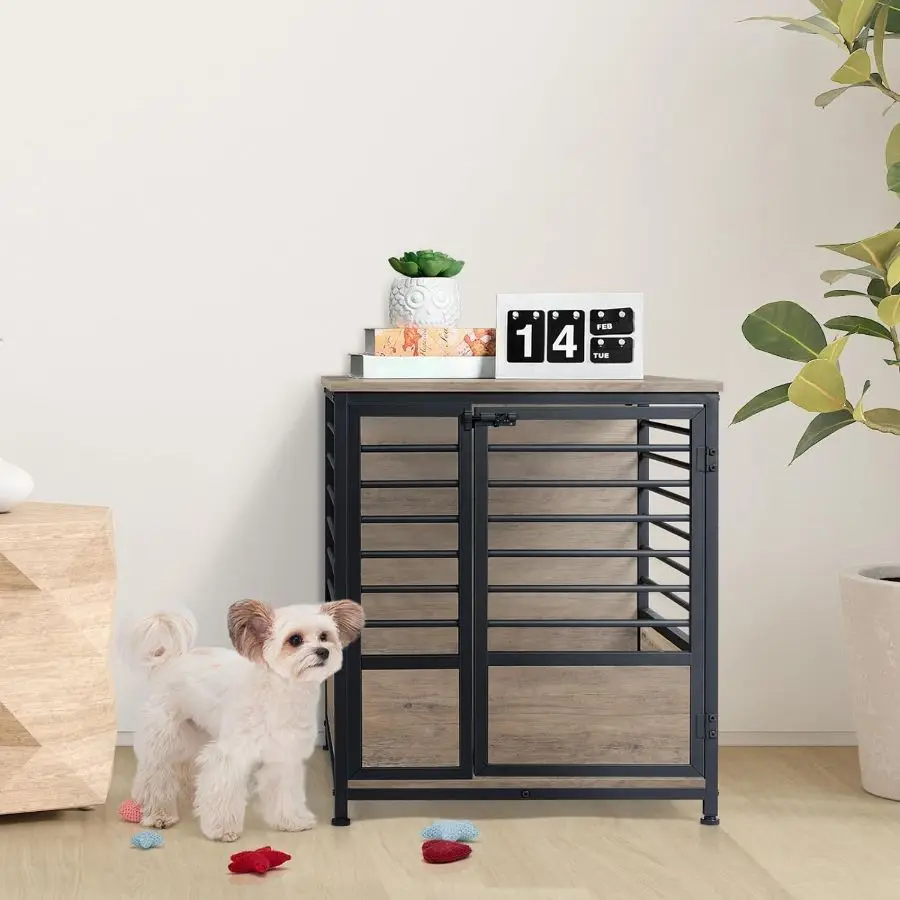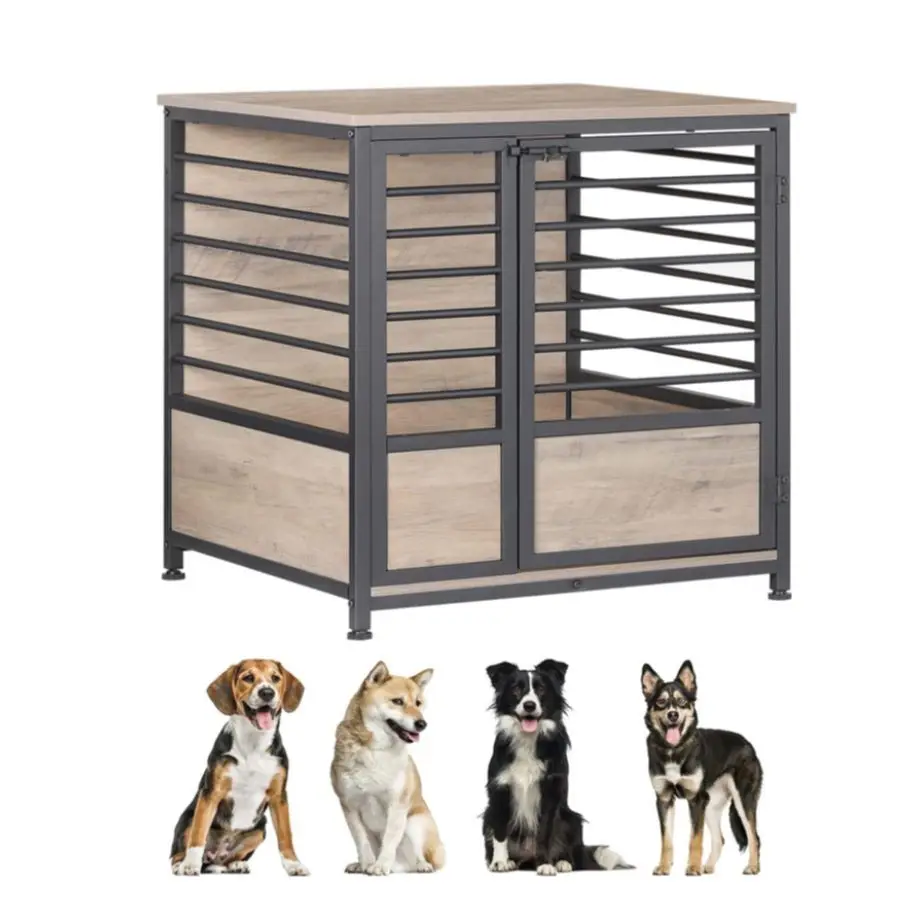What is Kennel Cough?
Kennel Cough is a common respiratory illness in dogs. It is highly contagious and often spreads in areas where dogs gather. Common symptoms include a persistent cough, runny nose, and lethargy. While it can concern pet owners, Kennel Cough typically resolves with proper care.

Overview in Dogs
In dogs, Kennel Cough leads to a range of symptoms. Dogs might show a harsh, hacking cough or sneeze frequently. Eye discharge and a runny nose are also common signs. Dogs might eat less and show less energy than usual.
Canine Infectious Tracheobronchitis Explained
Canine Infectious Tracheobronchitis, commonly known as Kennel Cough, is an infection of the dog’s windpipe and voice box. It’s caused by various viruses and bacteria, with Bordetella bronchiseptica being the primary culprit. Dogs can catch this illness through airborne droplets from infected dogs. Vaccination can help prevent some cases, but not all, due to the variety of pathogens involved.
Transmission of Kennel Cough
Kennel Cough is easily passed between dogs, especially in close quarters. It often occurs in settings like dog kennels, parks, or shelters. Understanding how your dog can contract this illness is crucial for prevention.
How Dogs Contract Kennel Cough
Dogs get Kennel Cough through contact with infected dogs. The disease spreads through airborne droplets when an infected dog coughs or sneezes. Shared spaces and items, like water bowls and toys, also pose risks. Dogs with weakened immune systems are particularly vulnerable.

Spread and Contagion Dynamics
Kennel Cough thrives in environments where dogs socialize. The bacteria and viruses that cause it are highly contagious. Factors like poor ventilation and stress can increase infection rates. The contagion period can last from a few days to several weeks.
Symptoms of Kennel Cough in Dogs
Identifying the symptoms early helps manage the illness effectively.
Identifying Signs and Symptoms
Dogs with Kennel Cough show a set of recognizable symptoms. Look for a persistent, harsh cough, often compared to a ‘honking’ sound. They may sneeze more, have eye discharge, and a runny nose. Dogs can seem less energetic and might not eat as they normally do. A fever or lethargy might occur too.
Observing your dog’s behavior and health changes is vital. If these signs are present, especially after exposure to other dogs, consider Kennel Cough as a possibility.
Auditory Indications: What Does Kennel Cough Sound Like?
The cough from Kennel Cough has a distinctive sound. It can be a dry, hacking cough that sounds forceful. Many describe it as having something stuck in the throat or like a ‘honking’ sound.
The sound may vary, but if you notice any odd, repetitive coughing, it’s worth a call to the vet. Listen for coughs that interrupt sleep or occur when your dog is excited or exercising. Quick action can make treatment easier and help prevent it from spreading to other dogs.
Treatment Options for Kennel Cough
Living with a coughing dog can be tough for both you and your pet. canine cough, while often not serious, needs prompt attention. Here’s how you can help ease their discomfort.
Home Remedies and When to Seek Vet Care
When your dog starts showing signs of canine cough, consider simple home treatments. This includes:
- Rest: Make sure your dog gets plenty of sleep.
- Humidifier: Use this device to keep the air moist and help soothe your dog’s throat.
- Avoid Collars: Use a harness instead to prevent pressure on the throat.
Watch closely during treatment. If symptoms persist or worsen after a few days, it’s vet time. Call ahead to let them know you’re coming. This reduces risk to other dogs.
Medications and Vaccines for Kennel Cough
If home care isn’t enough, your vet might suggest medicines. Mild cases may just need cough suppressants. More severe infections could require antibiotics. Always follow your vet’s advice on medication.
Prevention is key, and that’s where vaccines come in. Talk to your vet about the Bordetella vaccine. This might not stop all canine cough, but it can help. Remember, your pet can still get sick even with shots, but their odds are better.
Preventing Kennel Cough in Dogs
Preventing canine cough requires attention to vaccination and care.
Vaccination and Immunity
Vaccines protect dogs from canine cough. They target common bacteria and viruses. A key vaccine fights Bordetella bronchiseptica. This vaccine greatly lowers the chance of infection.
Talk to your vet about vaccination schedules. Puppies and adult dogs need different vaccines. Boosters help maintain immunity over time. Yet, no vaccine guarantees full protection.
Vaccinated dogs can still get sick. They usually have milder symptoms. Vaccination also reduces spreading the illness. It’s a vital step for dogs that often meet other dogs.
Environmental and Lifestyle Factors
A dog’s environment influences its health. Reduce the risk of canine cough with these steps:
- Clean Spaces: Keep kennels and home areas clean. Disinfect bowls and toys regularly.
- Good Airflow: Ensure spaces have good ventilation. Fresh air lowers the chance of disease.
- Limit Stress: Reduce situations that may stress your dog. Stress can weaken their immune system.
- Healthy Lifestyle: Support their health with proper nutrition and exercise. A strong body can fight off infections better.
- Avoid Crowds: When outbreaks occur, avoid dog parks and kennels. Wait until it’s safe again.
By following these tips, you can help keep your dog healthy and more resistant to canine cough.

Kennel Cough in Humans
While canine cough is primarily a canine issue, it raises concerns for pet owners. Understanding the risks to humans is important for those frequently in close contact with dogs. The chances of transmission from dogs to humans are low, but not impossible.
Risks to Humans
Can humans catch canine cough? The answer is, rarely. Most people will not get it from their pets. People with weak immune systems or lung conditions are at a higher risk. Be mindful if you spend a lot of time where dogs are present.
Symptoms and Treatment in People
In the uncommon event a human gets canine cough, symptoms can vary. A sore throat, a dry cough, and breathing difficulty may occur. Get medical advice if you feel unwell after being near dogs with kennel cough. Rest and proper hydration are basic steps. In severe cases, doctors may prescribe medication.
Frequently Asked Questions
Duration and Recovery
How long does kennel cough last in dogs? The duration varies. Typically, it clears up within three weeks for healthy dogs. For older dogs or those with existing health issues, it might last up to six weeks. In very few cases, if not treated, it could lead to pneumonia. If your dog’s condition doesn’t improve, contact your vet immediately.
Recurrence Possibilities and Precautions
Can dogs get kennel cough more than once? Yes, they can. Kennel cough has several strains, and immunity to one doesn’t mean immunity to others. To reduce recurrence risks, keep vaccinations up to date. Also, maintain a clean, stress-free environment for your dogs. Remember, even vaccinated dogs can catch cough, but generally, symptoms will be milder.
Conclusion: The Importance of Understanding Kennel Cough
Kennel cough can seem like a daunting illness for many dog owners. However, with a basic understanding of its causes, symptoms, treatment options, and prevention strategies, you can navigate this condition effectively. Recognizing the signs early and taking prompt action can make all the difference in your dog’s recovery. As responsible pet owners, keep your dogs’ health a priority.
Regular vet check-ups form a crucial part of maintaining your dog’s health. They provide an opportunity to ensure vaccinations are up-to-date, address concerns, and discuss any new developments. By prioritizing these check-ups, you can be proactive in protecting your pets from potential illnesses, including kennel cough.
As you learn more about kennel cough and other dog-related diseases, your ability to care for your pet will improve. Information is power, especially in keeping your furry friend safe and healthy. With proper knowledge and precautions, you can minimize the chances of kennel cough affecting your dog’s life, allowing for many happy years together.